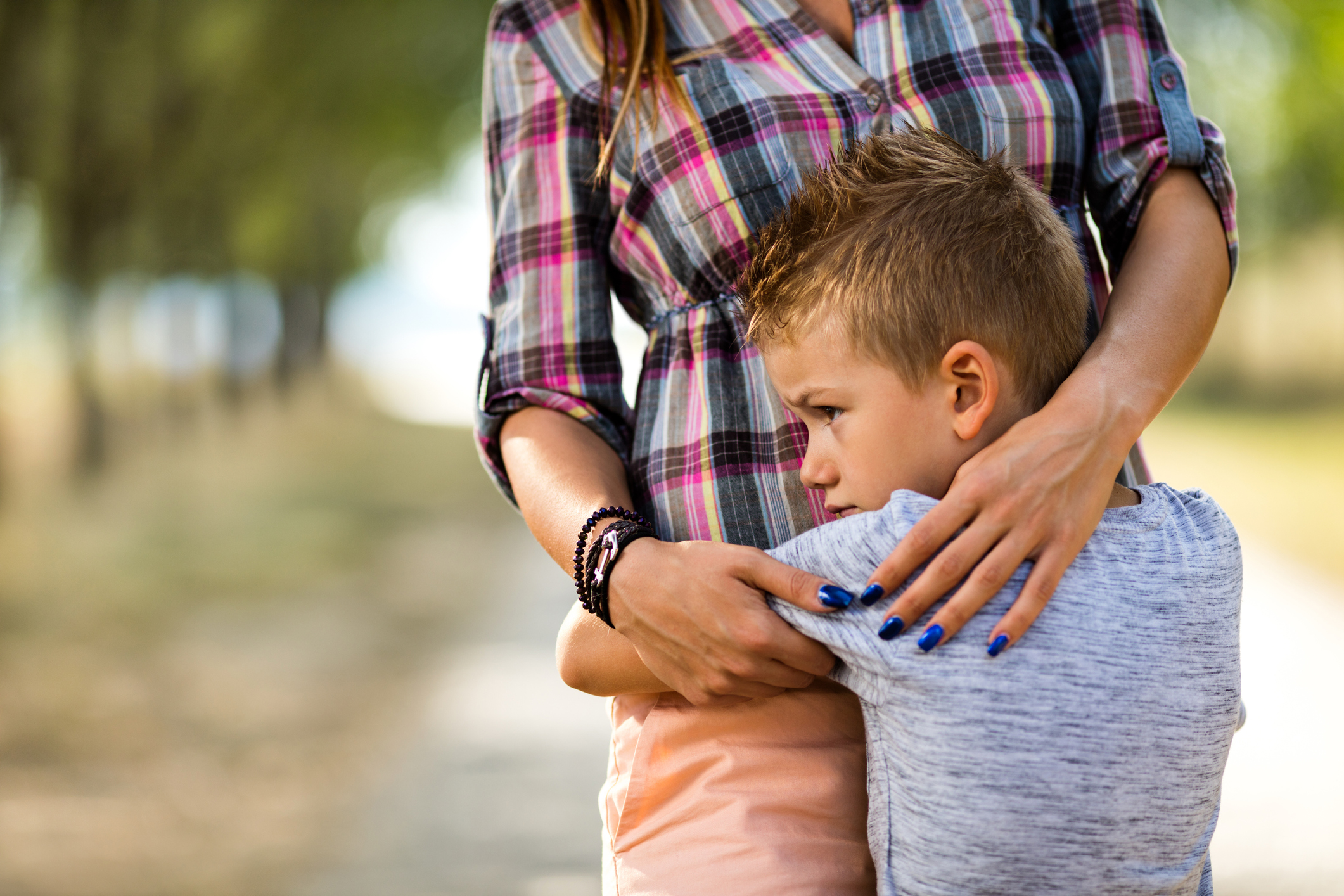What are Adaptive Skills in Childhood?
Adaptive skills are the essential abilities children need for daily life, impacting their maturity and how they function within the home and community. These skills are crucial for developing independence, taking personal responsibility, and making age-appropriate choices as they grow into adulthood. Often referred to as “Activities of Daily Living” (ADLs), examples include fundamental tasks like bathing, getting dressed, cleaning up, and toilet training. For older teens and adults, adaptive skills extend to navigating their surroundings, managing appointments, and adhering to work or school schedules.
When adaptive skills are a concern, you might observe immaturity compared to peers. For instance, a child might act silly in serious situations or require significant support for daily tasks and routines.
Why Do Some Children Seem Less Mature?
It’s common for some children to mature at a different pace, needing more assistance with day-to-day tasks. This can be due to various factors. For example, some children with specific types of neurodiversity such as autism, intellectual disability, or developmental disabilities may have adaptive skills that don’t align with their cognitive abilities. Interestingly, even very bright children, who might be academically advanced, can struggle with adaptive skills, making parents wonder if they’ll ever manage tasks like getting to school on time or choosing appropriate clothing independently. Children with ADHD can also exhibit lower adaptive skills than their intelligence might suggest, due to challenges with hyperactivity, impulsivity, and inattention.
It’s important to remember that maturation rates vary. While girls often develop faster than boys, it is important to note any significant differences between your child’s development and that of their peers. For very young children (up to age 2 or 3), it’s essential to consider gestational age for premature babies. That is, your child may mature a bit more slowly than peers if born premature or if there are other developmental differences.
Signs Your Child Might Be Struggling with Adaptive Skills:
- Acts Immature: Your child may not behave like their same-aged peers, leading to frequent apologies for their conduct in public.
- Delayed Developmental Milestones: You might notice delays in skills like talking, walking, dressing, and bathing, which are often discussed at well-child visits.
- Morning Routine Difficulties: Your child struggles to independently manage getting dressed, eating breakfast, and brushing teeth.
- Disorganization: Belongings are consistently left scattered, making the home feel chaotic.
- Needs Help with Personal Care: Your child requires more assistance with bathing or hygiene than expected for their age.
- Resistance to Hygiene/Clothing: They might go to school with unkempt hair, unbrushed teeth, or the same clothes if not prompted.
- Difficulty with Daily Management: Challenges with telling time, reading a calendar, or handling money, requiring significant support for daily tasks.
- Avoids Chores: They don’t participate in household tasks like putting away clothes, taking out trash, or cleaning their room.
Common Reasons for Adaptive Skill Challenges:
- Immaturity: Some children naturally mature at a slower pace, requiring more adult guidance. Genetics and environment can also play a role.
- Lack of Opportunity: Children may not be given enough opportunities to practice independence, or families may over-shelter them.
- Developmental Delays: Adaptive skill deficits are often a component of broader developmental delays. Early intervention services are highly recommended.
- Cognitive Impairment: Children with intellectual disabilities often experience similar delays in these crucial behaviors and skills.
- Attention Deficit Hyperactivity Disorder (ADHD): Hyperactivity, impulsivity, and inattention can significantly impact the development of adaptive skills.
- Autism Spectrum Disorder (ASD): Autistic children often have adaptive skills that are lower than their cognitive abilities, frequently relying more on parents and appearing less mature. They may also struggle with social interaction and social communication, which can be a unique challenge because peers are a part of learning important adaptive behaviors.
- Depression or Mood Challenges: Emotional burdens can lead to a noticeable decline in a child’s hygiene, maturity, and independence.
- Motor Coordination Challenges: Conditions like Developmental Coordination Disorder or Cerebral Palsy can affect a child’s ability to perform tasks independently due to motor difficulties. Fine motor skills are particularly important here, as is motor planning.
Supporting Your Child’s Adaptive Skill Development:
- Break Down Tasks: Simplify complex skills into smaller, manageable steps.
- Involve Them in Chores: Encourage participation in household tasks like cleaning up toys or yard work.
- Visual Aids: Create a morning routine poster or chore chart with stickers to help children remember steps and motivate them with meaningful rewards.
- Positive Reinforcement: Clearly state expectations and offer immediate, straightforward rewards. For example, “First, put your dirty clothes in the hamper, then you can play outside.”
- Be Consistent: Avoid making threats you can’t or won’t enforce.
When to Seek Professional Help:
If your child continues to struggle despite these strategies, it’s time to connect with the school team or consult a therapist. A comprehensive evaluation can help identify your child’s unique strengths and weaknesses contributing to adaptive deficits.
Resources for Adaptive Skill Issues:
- Applied Behavior Analyst (ABA Therapist): Can help increase adaptive skills and improve communication through in-home treatment plans.
- Psychologist or Neuropsychologist: Can conduct a full assessment to understand causes, symptoms, and potential treatment approaches within mental health and behavioral contexts.
- Psychotherapist or Play Therapist: Can address emotional symptoms and work on social skills, often through group settings or home-based interventions.
- Occupational Therapist (OT) or Speech-Language Pathologist: OTs can address fine motor skills and gross motor skills that impact independence, while Speech-Language Pathologists focus on language development and communicating. Combined with ABA, this approach can be very effective for building self-care, chore, and routine skills.
- School Team: Your child’s school psychologist, teachers, school occupational therapist, and school speech pathologist can all offer support. Schools may use tools like the Vineland ( an adaptive behavior scale) to assess a student’s adaptive skills in the school environment.
Related Areas Influencing Adaptive Skills:
- Socializing: Difficulty making friends and interacting socially can impact adaptive skills, as children learn significantly through social interaction.
- Communicating: Challenges in expressing wants and needs, developing conversation skills, and reciprocal engagement with peers directly affect adaptive behavior.
- Intelligence: General delays in thinking and reasoning can affect communication, daily living skills, socialization, and motor development.
- Motor Planning or Handwriting: Motor impairments, including fine motor skills, are integral to adaptive skills, impacting a child’s ability to move, grasp objects, and later to draw and write.
Book Resources for Following Directions
Giler, Janet Z. (2011). Socially ADDept: Teaching social skills to children with ADHD, LD, and Asperger’s.
Kroncke, Willard, & Huckabee (2016). Assessment of autism spectrum disorder: Critical issues in clinical forensic and school settings. Springer, San Francisco.
Books for kids:
Cook, Julia (2012). Personal space camp.
Esham, Barbara (2015). Mrs. Gorski, I think I have the wiggle fidgets. (New edition) (Adventures of everyday geniuses.)
Smith, Bryan & Griffen, Lisa M. (2016). What were you thinking? Learning to control your impulses (Executive function).
Gordon, Jon (2012). The energy bus for kids: A story about staying positive and overcoming challenges.
Cook, Julia (2013). Thanks for the feedback, I think (Best me I can be!)
McCumbee, S. (2014) The garden in my mind: Growing through positive choices.
McCumbee, S. (2014). The garden in my mind activity book.



